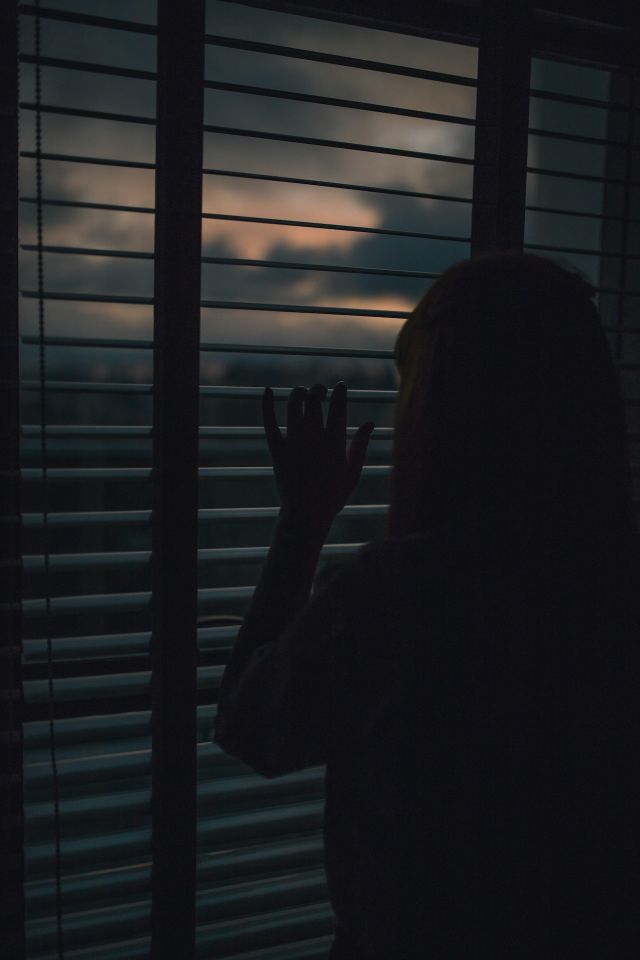
"Managing Schizophrenia in Women: A Midlife Case Study"
Schizophrenia is a serious and persistent mental illness that can affect anyone of any age, gender, or race. Nobody is immune to it. It can be particularly challenging for women in their midlife who may already be managing hormonal changes, caregiving responsibilities, and other life pressures. In this blog article, we’ll look at a case study of a lady who had schizophrenia and was given a midlife diagnosis, as well as strategies for controlling schizophrenia in women.
The Case Study.
Meet Sarah, a married mother of two at the age of 45 who works as a nurse. When Sarah was 42 years old, she received a schizophrenia diagnosis. Her husband noted that she was more withdrawn and irritated, had trouble focusing, and was frequently defensive. She would stay in her room for extended periods of time, talking to herself and pretending to be deeply contemplative.

Symptoms of Schizophrenia in Women.
Schizophrenia can manifest in a variety of ways, and each person will experience the condition differently. Typical signs of schizophrenia in females include:
Hallucinations: It might be very upsetting for women to hear voices or see things that aren’t there.
Dilusions:Women may harbor delusions that might cause them to feel paranoid, such as the notion that they are being watched or that someone is attempting to harm them.
Disordered thinking: Schizophrenia can lead to disorganized thought processes that make it difficult to communicate clearly or to follow discussions.
Emotional blunting: Women may come out as emotionally distant or struggle to articulate their feelings, which can make it difficult to establish and maintain relationships.
Social withdrawal:Schizophrenia can make women retreat from social circumstances, which might result in a lack of interest in hobbies and past interests.https://www.ncbi.nlm.nih.gov/pmc/articles/PMC6230925/

Sarah's Symptoms.
She experienced a variety of the aforementioned signs and claimed to have heard voices telling her she was useless and that someone was trying to harm her. She believed that her employees were plotting to ruin her career and were collaborating against her. Sarah frequently stayed in her room for hours at a time, muttering to herself and pretending to be deeply contemplative. Her husband decided to seek medical attention since he was worried for her wellbeing.https://cdn.mdedge.com/files/s3fs-public/Document/September-2017/CP_0210_Seeman_FINAL.pdf
Diagnosis and Treatment.
Underwent a thorough evaluation by a psychiatrist before being given the diagnosis of unreasonable schizophrenia and was given antipsychotic medication by the psychiatrist to aid with her symptoms. In order to better comprehend Sarah’s condition and how he could support her, Sarah’s husband also underwent counseling.
Antipsychotic drugs can be useful in controlling schizophrenia’s positive symptoms, such as delusions and hallucinations. They might not be as successful, though, in treating adverse effects including emotional blunting and social withdrawal.https://www.mdedge.com/psychiatry/article/84312/bipolar-disorder/psychosis-women-consider-midlife-medical-and-psychological
Sarah's Recovery.
Her rehabilitation has progressed gradually but steadily. She has had a dramatic reduction in symptoms thanks to medicine and counseling. She can now communicate with her relatives and take part in social activities. She still has the odd episode of defensive character and delusions, though, and her husband keeps a close eye on her health.https://www.sciencedirect.com/science/article/abs/pii/S1064748123001550
Conclusion.
A woman’s life can be significantly impacted by schizophrenia, a severe mental illness, especially in midlife. However, it is feasible to manage the symptoms and live a full life with prompt diagnosis and treatment. The case study of Sarah emphasizes the significance of getting medical attention when you or a loved one exhibits symptoms of schizophrenia. Women with schizophrenia can recover and enjoy fulfilling lives with the correct support.https://www.researchgate.net/publication/265684351_A_Case_Study_of_Informal_Learning_in_the_Family_associated_with_Very-Late-Onset_of_Schizophrenia_in_Female


